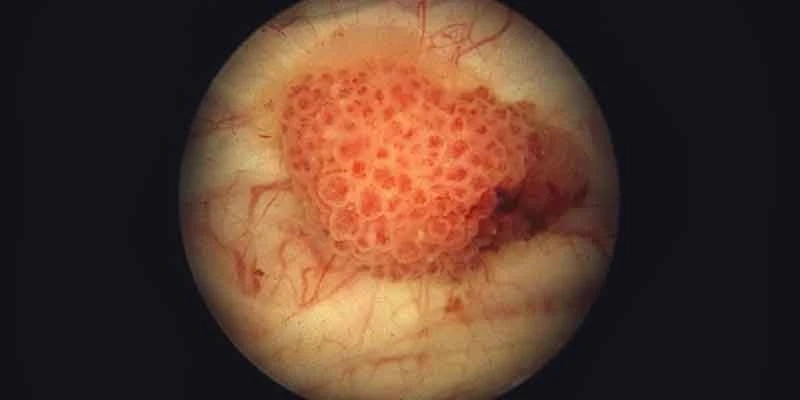Bladder cancer, the second most prevalent type after prostate cancer, develops in the urothelial cells of the bladder, the muscular organ in the lower abdomen area that holds urine. Bladder cancer most commonly affects older men.
According to Dr. Niren Rao, Bladder Cancer doctor in Delhi, Generally, bladder cancer does not show specific signs or symptoms until the disease progresses’. However, some patients may suffer from the following symptoms:
- Blood in the urine (hematuria)
- Excruciatingly painful urination
- Lower back pain
- Pain in the pelvis
- Increase urination frequency.
A surgery in which the bladder is removed to prevent further spread of the cancer is known as a radical cystectomy.
This surgery may involve the removal of lymph nodes and some or entire of the urethra. The surgery used depends on the level of cancer spread.
Here are the surgeries performed by Dr. Niren Rao:
Cystectomy
Cystectomy aims to remove all or some part of the bladder, necessarily when bladder cancer becomes invasive. Chemotherapy is typically given before cystectomy. If the muscular layer of the bladder wall gets cancer but is not very large and only exists in one area, it can be removed along with a portion of the bladder wall without removing the entire bladder. Then the hole in the bladder wall is closed with stitches. Lymph nodes are also removed and examined for cancer spread. The procedure is only for people with cancer spread to their muscles.
Radical cystectomy
Before any radical surgery, a series of CT scans or an MRI will be required to exclude metastatic or distant disease diagnosis in other parts of the body. Bladder removal surgery is not suggested in case of metastatic disease, and patients are directed to a medical oncologist to discuss chemotherapy.
A radical cystectomy is required if the cancer spreads to multiple bladder sections. The entire bladder and adjacent lymph nodes are removed during this procedure. In men, the prostate, as well as seminal vesicles, are also removed. The ovaries, fallopian tubes (the tube connects between the ovaries and uterus), uterus, cervix, and a small portion of the vagina are also removed in women.
Procedure:
General anesthesia is administered for either method of cystectomy. A cystectomy is usually performed through a cut in the belly. In certain circumstances, the surgeon uses several smaller incisions with special long, thin equipment, including a tiny video camera, to get inside images of the body. It is referred to as laparoscopic or "keyhole" surgery. The surgeon can either hold the tools himself or sit at a control panel in the operating theatre and use robotic arms (robotic cystectomy) to execute the surgery. The patient experienced less discomfort and a faster recovery in this surgery due to minor cuts.
Since the bladder is removed during a radical cystectomy, a urine diversion must be made. In this urinary diversion, parts of the intestine transport urine from the kidneys to a neobladder, an Indiana pouch, or an ileal conduit.
Aftercare:
Any cystectomy for Bladder Cancer Surgery in Delhi should be performed by an experienced surgeon treating bladder cancer, but the cancer is more likely to return if the surgery is not performed correctly. Hence, getting it done from an expert doctor is necessary
Patients are advised to hydrate and get up and move as soon as they are allowed after the surgery. The patient can return their work in 4 to 6 six weeks after treatment.
Thus, a radical cystectomy is a complex procedure in which one or more body organs are removed. But this surgery increases the patient’s life and offers a chance for long-term survival for those with bladder cancer.
Do consult Dr. Niren Rao, a urologist at his clinic to learn more on bladder cancer treatment in Delhi.



